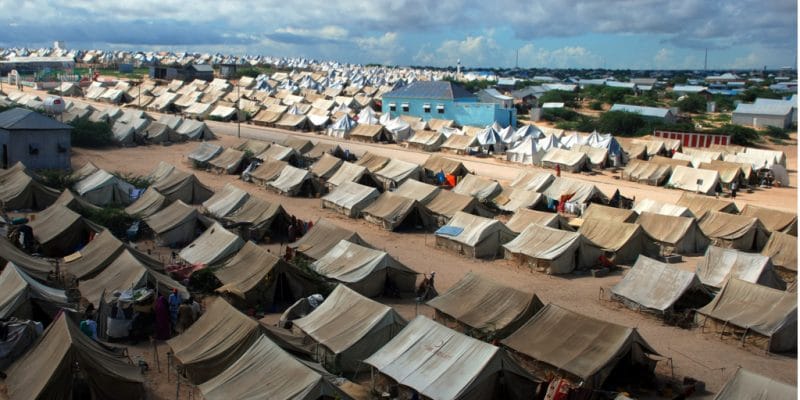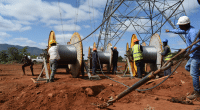More than 50,000 refugees in the Rwanda, Kigeme, Gihembe and Nyabiheke camps, will benefit from a renewable, affordable and sustainable energy supply programme, financed to the tune of Rwf 10 billion (€10 million) over three years.
The action programme, which aims to provide renewable energy to 50,000 refugees in Rwanda, will have to cover multiple energy needs: biogas for cleaner cooking, briquettes or more economical cookers, renewable energies for heating and cold generation, to recharge telephones, to supply electricity to business equipment and premises, to light houses, streets and public spaces, to wash linen, solar thermal energy for water…
The Kigeme refugee camp consumes 10,092 m3 of firewood per year, Nyabiheke uses 5,522 m3, while the Gihembe camp consumes 6,396 m3. This poses a threat to forests and refugee health.
The project will be implemented by UNHCR and the NGO Practical Action, in partnership with the Ministry of Disaster Management and Refugee Affairs, and will target homes, clinics, businesses and schools, as well as entrepreneurship development assistance.
Jeanne d’Arc Debonheur, Minister for Disasters and Refugees, recently addressed a round table at the Kigali Congress Centre. “The consumption of firewood has put great pressure on many hectares of forest, triggering several catastrophic consequences. This project is one way of finding solutions to environmental problems. We believe that by finding sustainable energy solutions, we will be able to equip refugees and host communities with sustainable livelihoods,” she said.
Robert Nyamvumvumba, Director of the Energy Division at the Ministry of Infrastructure (Mininfra), noted in his speech that the country wanted to improve cooking technologies by reducing the burning of charcoal which is also a cause of air pollution.
“We have reviewed the policy to achieve this goal by 2024. We now work with 24 energy companies including Inyenyeri (a Rwandan social services company that is also an energy company, editor’s note) and BBOX. They are operational and in collaboration with them, we will ensure that all Rwandans use green cooking technologies,” he explained.
The African Development Bank (AfDB) says that only 590 million people in Africa (less than 50%) have access to energy, adding that the energy sector relies on support from banks to develop networks, distribution, production and technical support under the programme “Transforming the desert into energy Dakar 2018”, with a budget of 12 billion dollars over the period 2016 to 2022.
Audrey CHOMGUI







